If you have started to attend 12-step meetings to address your drug addiction or alcoholism, then you are to be commended. Congratulations – you are in recovery. As a newcomer in a 12-step meeting, you will hear the old-timers say it again and again – “Go to 90 meetings in 90 days”. This is a saying they will say many, many times, almost like a mantra. 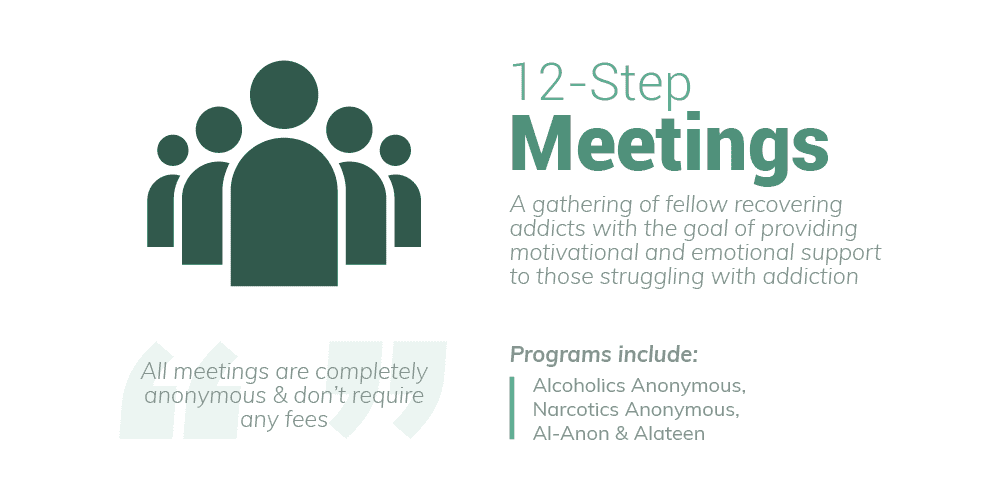 The basic idea is this – no matter what your initial mindset is – denial, resentment, stubbornness – if you attend 90 meetings in 90 days, you will begin to really receive the message and you’ll start to work the steps, perhaps even in spite of yourself. This is no magic formula. This is a statement that is grounded in the foundations of psychology and addiction treatment. Just as you learned how to become a drunk or addict, you can learn the steps that will allow you to become clean and sober, one day at a time, for the rest of your life.
The basic idea is this – no matter what your initial mindset is – denial, resentment, stubbornness – if you attend 90 meetings in 90 days, you will begin to really receive the message and you’ll start to work the steps, perhaps even in spite of yourself. This is no magic formula. This is a statement that is grounded in the foundations of psychology and addiction treatment. Just as you learned how to become a drunk or addict, you can learn the steps that will allow you to become clean and sober, one day at a time, for the rest of your life. 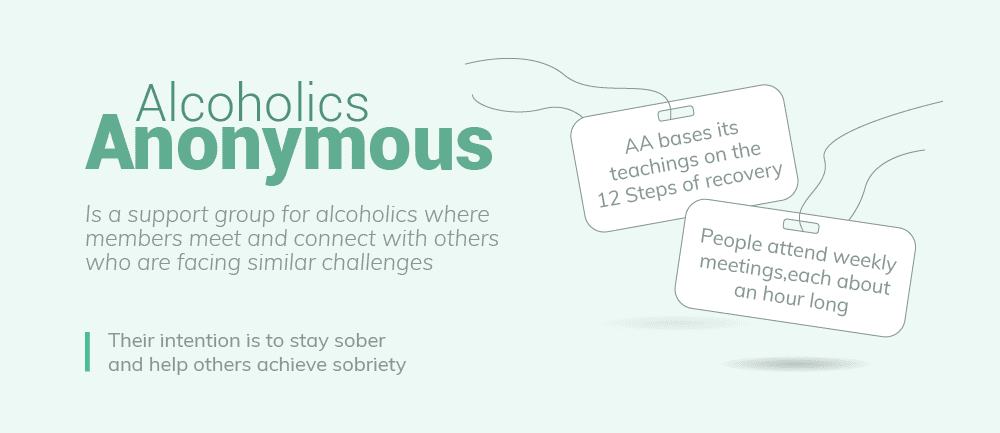
It Shows Commitment to Recovery
For some people who are new to recovery, this first reason that 90-in-90 works don’t make sense. Perhaps at this point, you do not yet have a full commitment to your recovery. You may have been ordered to attend 12-step meetings by a judge. You may have been given an ultimatum at an intervention held by your loved ones. In fact, you probably don’t want to be here at all. And you know what, that’s okay… Here at the beginning of your journey to recovery, it really doesn’t matter in the slightest why you’re here. It only matters that you are here, and that you want to change your life and the lives of those around you by breaking free of the alcohol/drugs that have made your life unmanageable. At the early part of your journey, you might be attending meetings only begrudgingly. Your sponsor (and you should have one) might be prodding you, nagging you, and calling you every hour to make sure that you made a meeting today. And that’s okay. 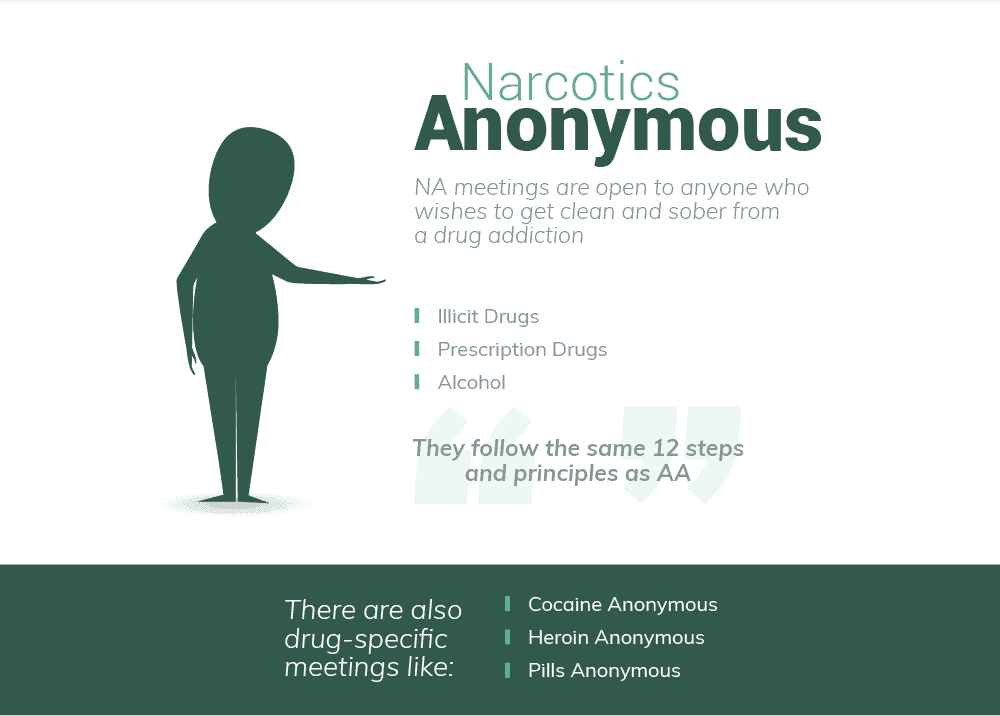 You might have been compelled to come here by the Court, and the only thing you care about is getting your attendance sheet signed so you don’t get in any further trouble. And that’s okay. No matter how you get there, 90 meetings in 90 days takes a commitment, even if that commitment has to be dragged out of you. After all, you always have a choice. No matter how compelled or coerced you to feel, you always have a choice to not attend. When you make the choice to attend – even if you think that the choice was not up to you – you have chosen to move forward in a positive direction. And that’s okay.
You might have been compelled to come here by the Court, and the only thing you care about is getting your attendance sheet signed so you don’t get in any further trouble. And that’s okay. No matter how you get there, 90 meetings in 90 days takes a commitment, even if that commitment has to be dragged out of you. After all, you always have a choice. No matter how compelled or coerced you to feel, you always have a choice to not attend. When you make the choice to attend – even if you think that the choice was not up to you – you have chosen to move forward in a positive direction. And that’s okay. 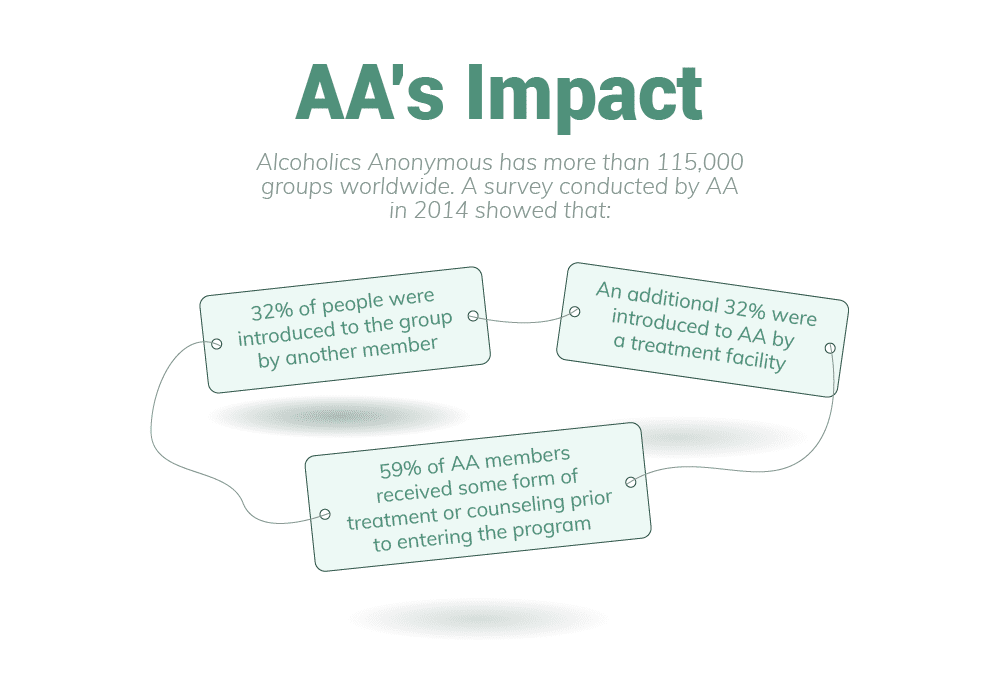
It Allows You to Understand the 12 Steps
The concepts behind the 12 steps aren’t really hard to grasp, but they are deep. There are more than 75 years of philosophies, principles, traditions, and stories stemming from the common experience of millions of people around the world who are powerless over their drug of choice and whose lives have become unmanageable as a result. The concept of a shared experience is completely contrary to the normal mindset of an addict/alcoholic, who at his very core, usually suffers from a profound sense of loneliness and separation. When a person new to recovery first walks through the door of their initial 12-step meeting, it can be intimidating and even a bit overwhelming. It is a lot to take in. Everything is so…out in the open. Addiction is a disease that thrives in an environment of secrecy, and to hear so many of these old-timers tell their stories without shame, embarrassment, or reservation, simply because there is relief and comfort in the telling is an unfathomable, almost unbelievable revelation to many newcomers. There are many different types of meetings… some focusing only on the Steps, some on the Traditions, the Promises, some drawing from the literature (the Big Book, Living Sober, Reflections, etc.), Discussion meetings, Speaker meetings… and several others. When you hit 90 meetings, you will undoubtedly have the opportunity to attend most, if not all of the different types. This will give you a well-rounded appreciation understanding of what the 12-step principle is all about. With so many different approaches to a shared problem, you are sure to find something that speaks to you. No matter how disinterested or apathetic you were at the beginning, you will start to receive the real message being disseminated. 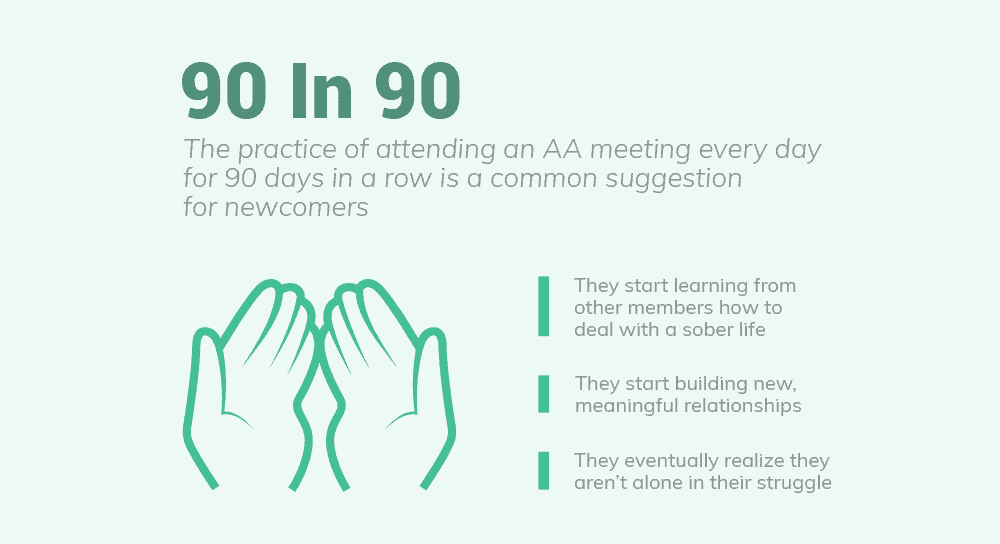
It Allows You to Get to Know the Others in the Group
Even when they drink or use with others, alcoholics and addicts are usually characterized by their separation from the rest of humanity. Some researchers believe that loneliness is one of the defining traits of an alcoholic. It is a seminal moment for the addict in recovery when they first make a connection to the group as a whole…when they first realize that they are part of a community of people who understand how they feel, where they have been, and what they have thought. Even the preamble of Alcoholics Anonymous talks about this group gestalt, saying “… a fellowship of men and women who share their experience, strength, and hope with each other that they may solve their common problem and help others to recover…” A person does not go into a 12-step meeting looking for friends. However, when they find out – perhaps for the first time in their life – that they are not unique in their pain and in their struggle, they often make deep, lasting connections that can last a lifetime. People in recovery are often there for each other through life’s trials and tribulations in a way that “straight” people can never understand. 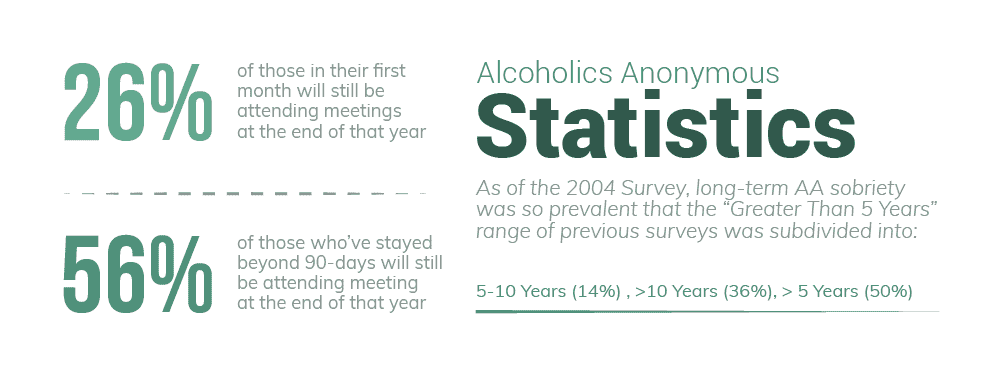
It Forms a New Habit
It’s actually pretty simple. 90 straight days of doing the same activity over and over – going to a meeting – is what imprints the new habit into a person’s subconscious mind. Once a habit has been formed and it becomes second nature, it makes it that much more likely that that action will be repeated often over the long-term. When a person is a drug addict or alcoholic, going to a meeting daily is an excellent habit to get into. Although that might seem like a major time commitment, it is probably far less time than was formerly spent thinking about, gathering, and using the drugs and/or alcohol. Setting a goal of attending 90 12-step support meetings in 90 days and then showing the determination and commitment to achieve that goal is a major confidence-builder for individuals who are still new and fragile in recovery. When they realize that they can accomplish something positive when they are motivated and focused, it becomes easier to continue moving along the path to long-term sobriety.
What Did you Think About This Blog?
Give it a Rating!

